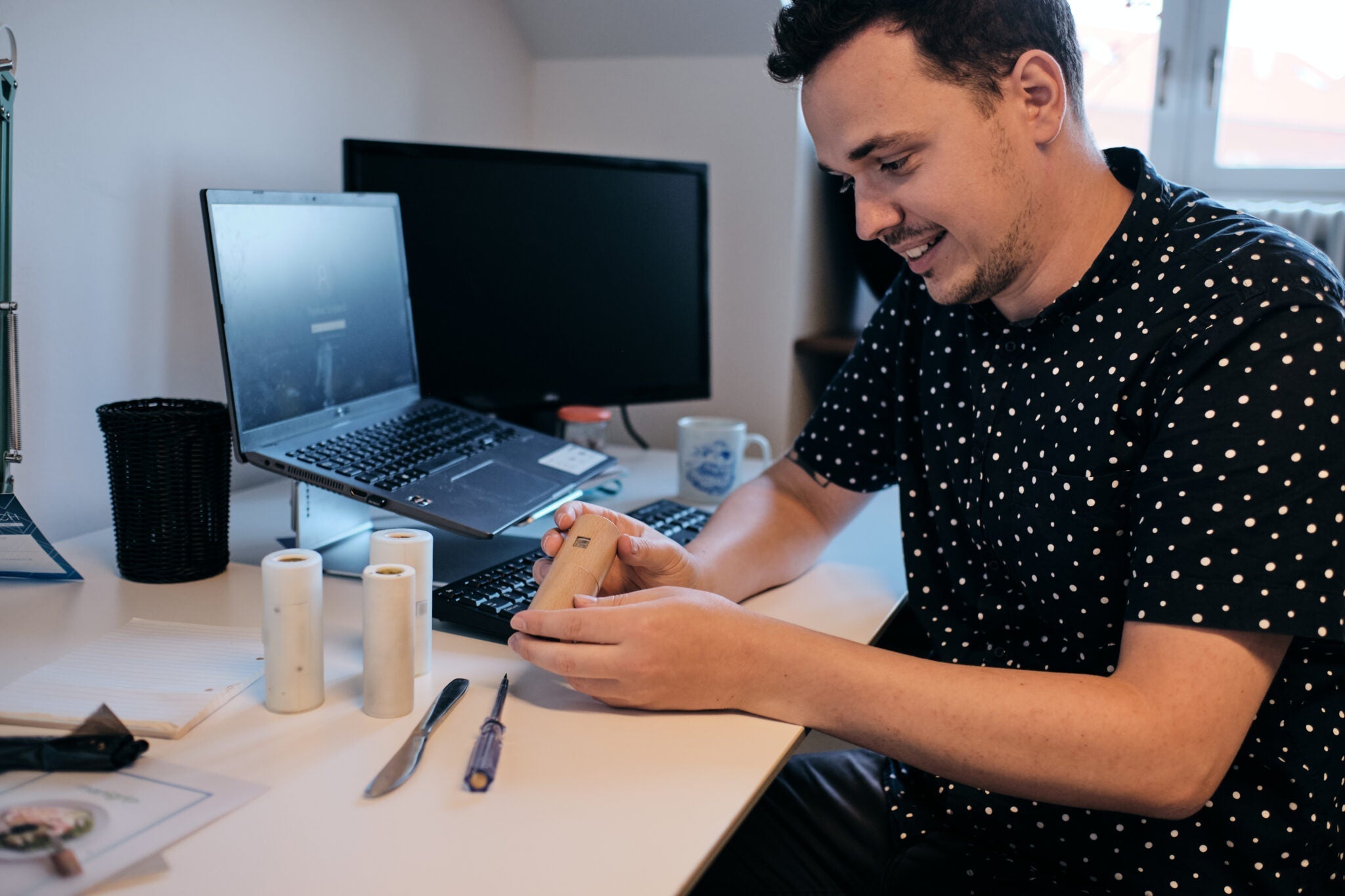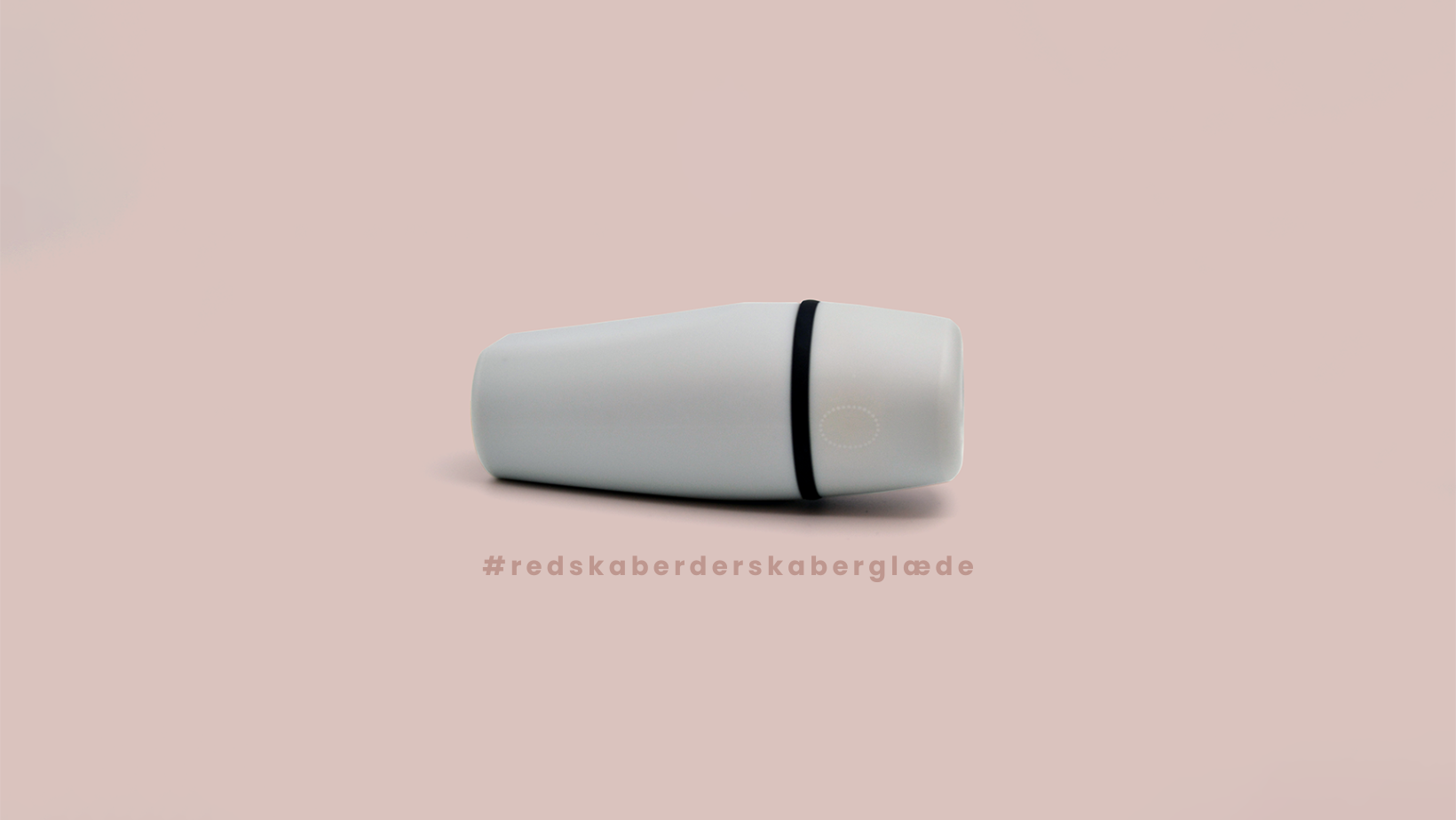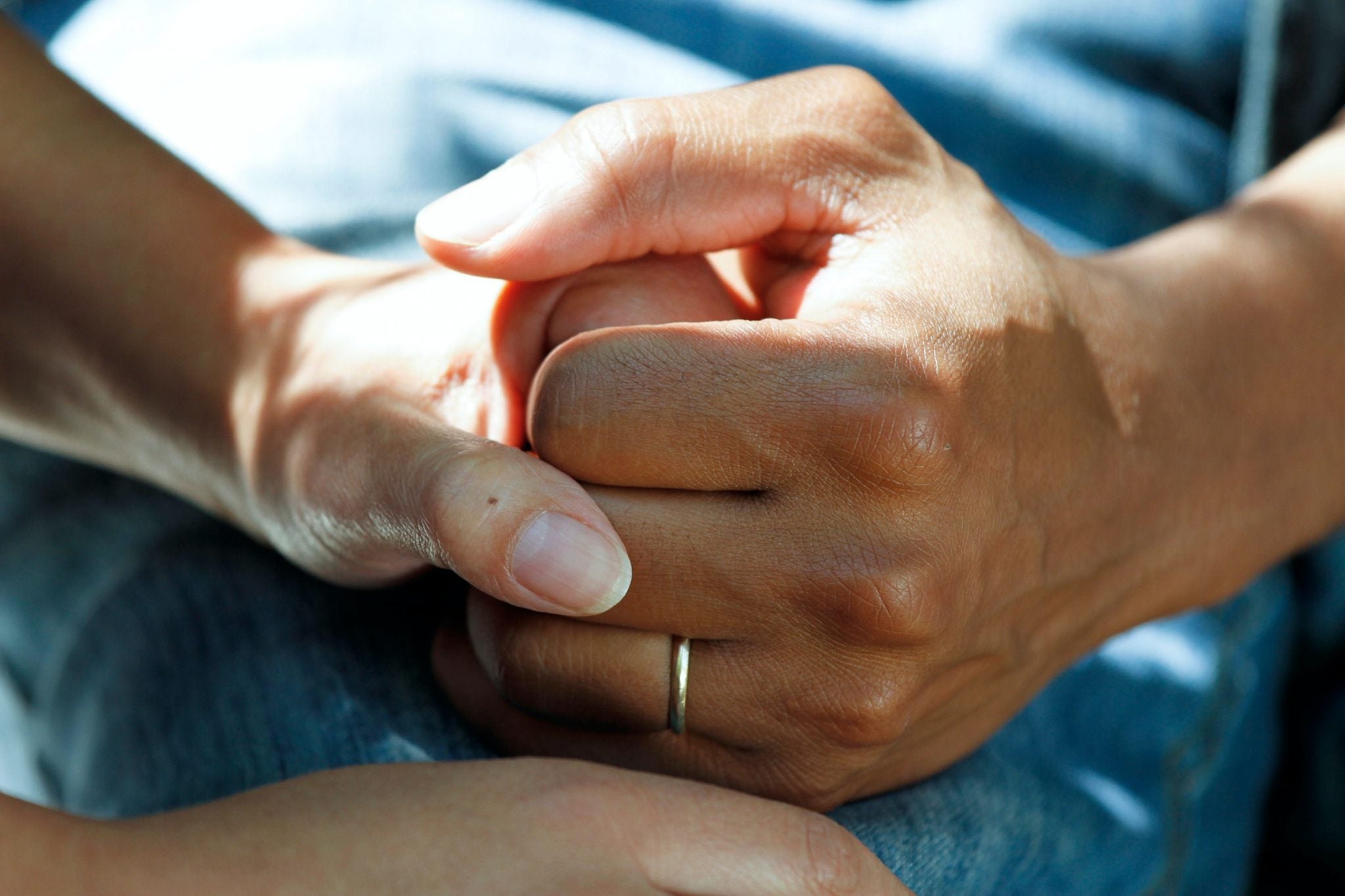Written by Emilie Buhl Pedersen – daughter and relative of a Parkinson's patient.
The diagnosis
In 2016, my mother was diagnosed with Parkinson's disease. At the time, I was 16 years old and had no knowledge of the disease. It was a gut-wrenching revelation, and it created confusion about what it would mean for my life and our family.
The first three years, the side effects for my mother were very minor. It was primarily emotional, and that she became more cautious and slow in her movements. The seriousness had not set in yet, which also meant that my mother decided to keep the disease a secret from others for the first 2 years. I clearly remember the period when the disease began to appear to others, and people started asking questions. Then it became reality, and we as a family had to start dealing with the disease and the emotions associated with it.
Guilt
In the fifth year, the disease began to progress rapidly. There were many falls and accidents at the beginning. Several breakdowns in tears and denial. These few years were the hardest. I was very outgoing during those years, very frustrated, and it affected my parents. My feelings were rooted in a powerlessness that I could do nothing to help her or to change our living situation. I felt guilty that I was irritated with her, with the disease, and I doubted whether I was doing enough. I still carry these feelings, but I have been given tools to deal with it and good ways to talk to myself.
It was also during this period that I realized that I needed help. When visiting my parents, I took on the role of a daughter who had to be strong for my mother. This meant that after each visit I was exhausted and crying. I knew that this was not sustainable, especially not if I also had to be there for myself.
From walking to walker to wheelchair to now
Today my mindset has improved a lot. My mother and I talk a lot more about the challenges and feelings associated with the disease. Patience has become a skill I never thought I would master.
If you look at our family dynamics, we've become a lot closer. We work together to make everyday life run smoothly, we talk to each other more and we've become good at it. So if the disease has brought anything good with it, it's the community in my family.
I have come to a point where I accept the disease and the conditions that come with it. Not the same meaning that I don't cry or can be frustrated, but I have accepted that this is our life. That the parent and child roles have been blurred, and that I take care of her just as much as she does of me.
The hardest periods and moments are definitely when I can feel my mother's frustrations. She lives with the disease, she can't run away from it and get a little respite like my father and I can. It's a guilty conscience that follows me.
Despite that, the illness has also made me see more small joys in life, appreciate my healthy body and have decided to utilize its potential to exercise and be happy that I have that privilege.
I have chosen to be happy that I can help my mother, be there for her and give back to her the care and love that she has given me throughout my childhood.
The invisible army of the welfare society
For several years, Danish welfare organizations have been raising awareness about the insufficient initiatives for relatives in Denmark. In 2019, 30 organizations, among others, came together to create five principles for municipal, regional and state initiatives that would ensure better conditions for relatives in Denmark.
The Elderly Affairs Association has long called relatives the 'invisible army of the welfare society', arguing that without the active participation of relatives, frail elderly people, chronically ill people and other patients would not receive the help they need.
DanskePatienter.dk writes in an article that many relatives go to great lengths to help and support, and this can have consequences for the individual. Previous studies show that the role of relative can strain the mental state and lead to stress, and that some relatives consider leaving the labor market.
In 2023, a new national survey on relatives will finally be launched. Danish Patients, VIVE & TrygFonden have joined forces to create better conditions for relatives. The survey focuses on the role, well-being and needs of relatives, and the results will ultimately strengthen efforts targeted at relatives.
Therefore, the project will investigate how many relatives there are in Denmark, what challenges they face in everyday life, and how this affects quality of life. Based on these insights, the ambition is to strengthen existing and future efforts.
Sources / bibliography
Ritzau Press release 19.11.2019
Elderly case 'Conditions for care days for relatives must be improved'
Danish Patients: 'National survey of relatives'
Lyle: 'A national action plan for relatives is needed – but it has long prospects'
Read more

Photo: Jess Porse Clemmensen Author: Thomas Solgaard Andersen In 2016, when we were at Aarhus University, we were tasked with designing a product for patients with chronic conditions. We had no ...

Impaired hand function Living with reduced hand function, as a result of, for example, arthritis, osteoarthritis, sclerosis, Parkinson's, nerve damage, stroke and other disorders, can make some ...

